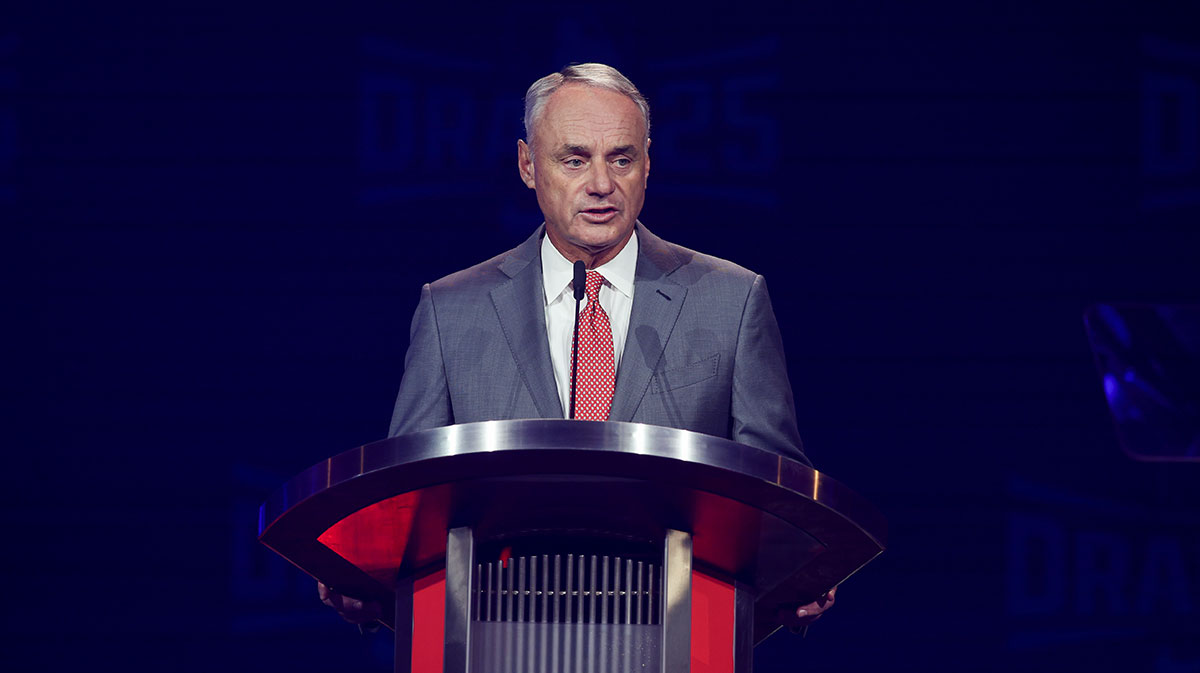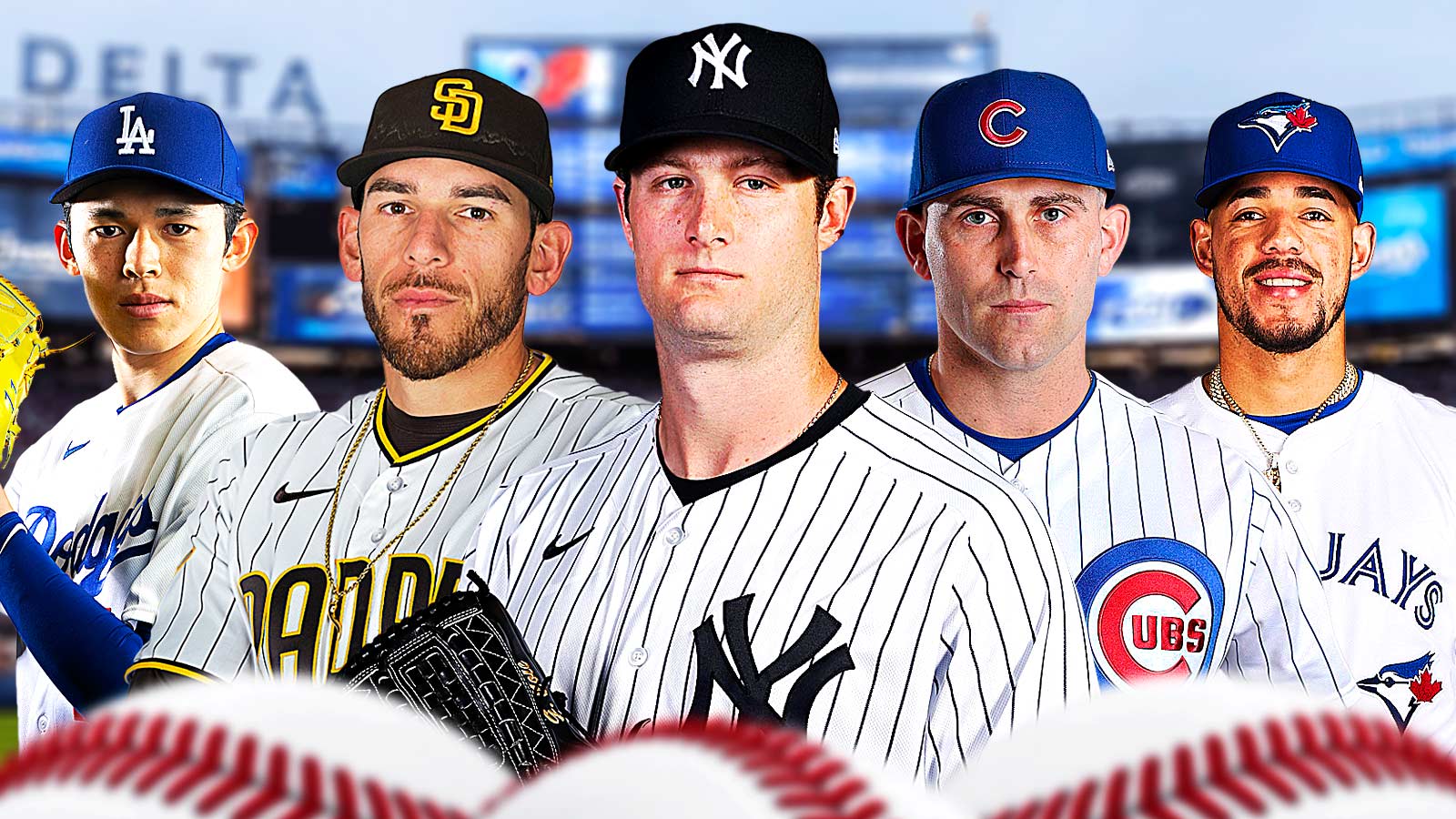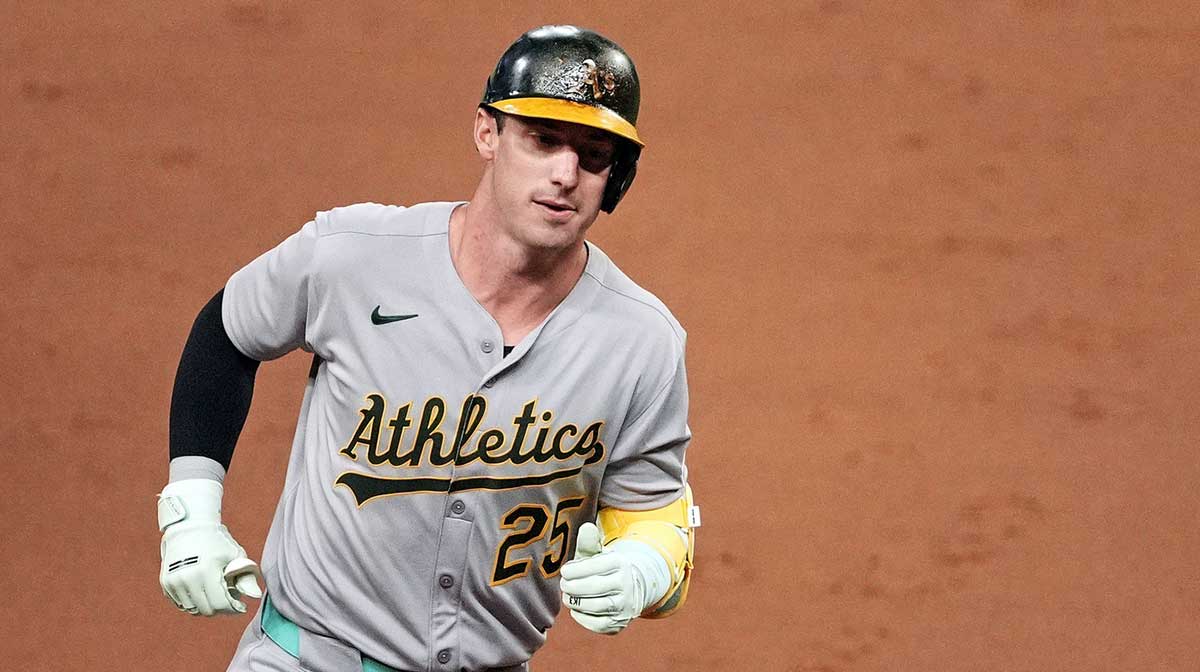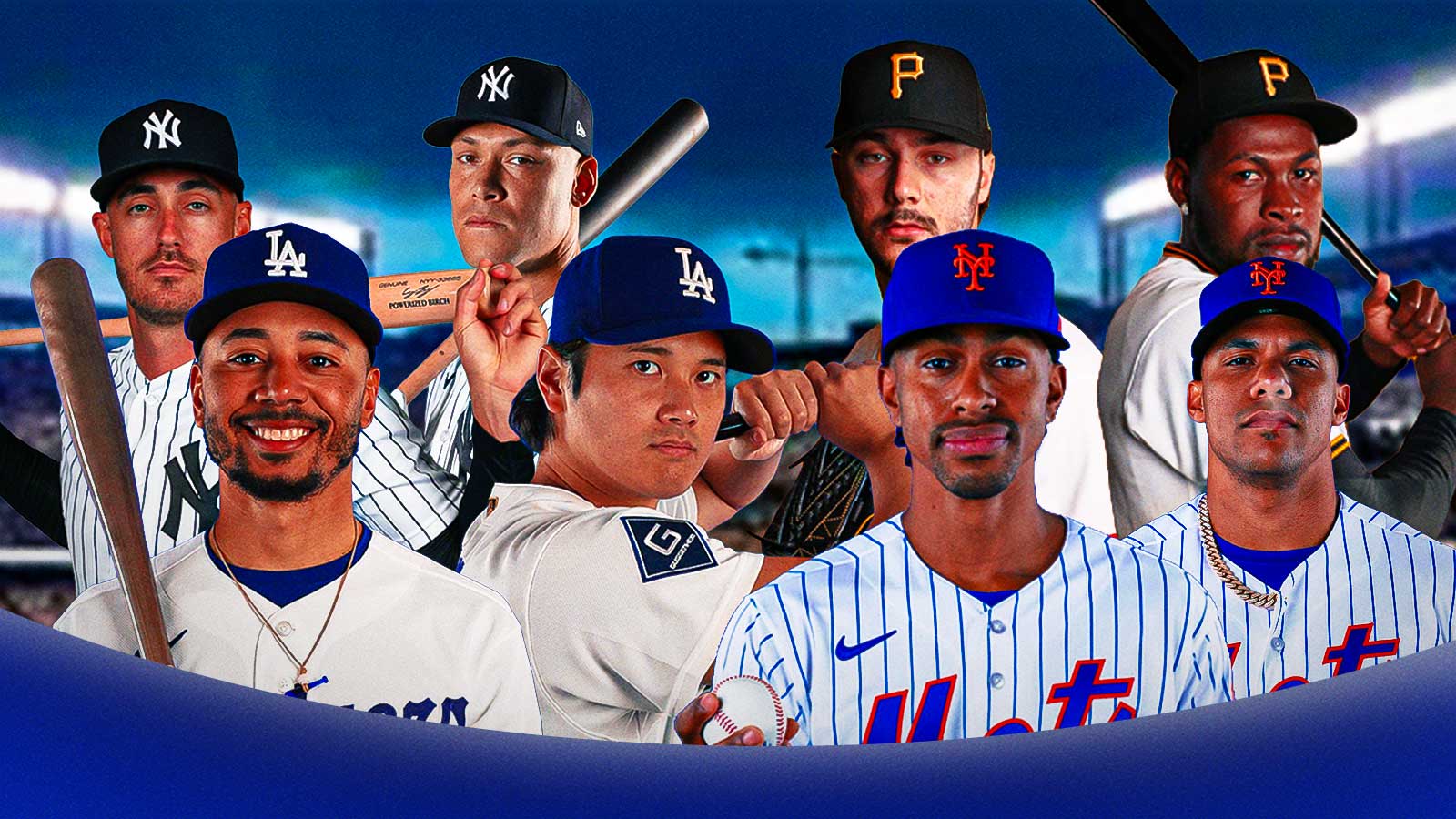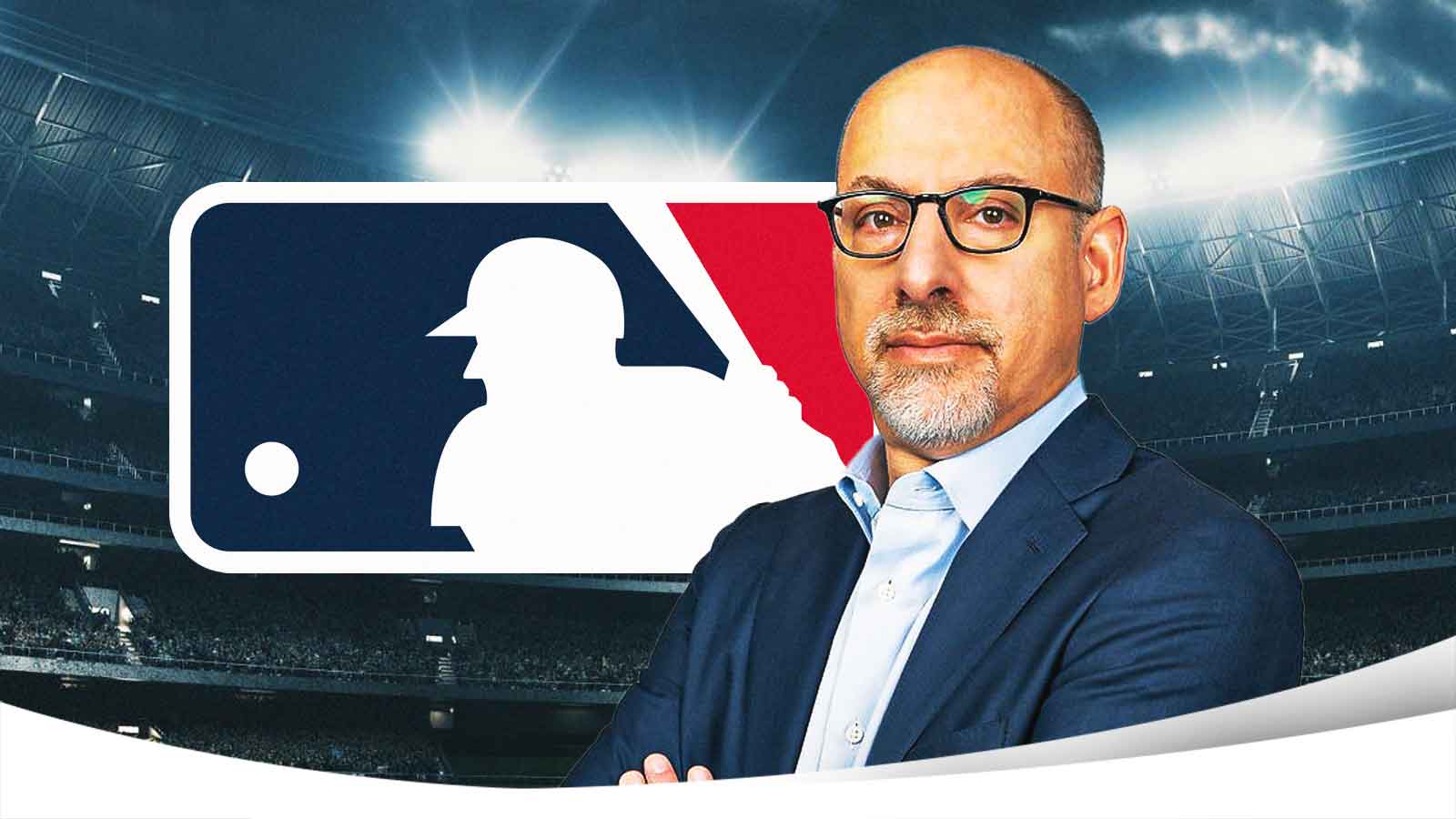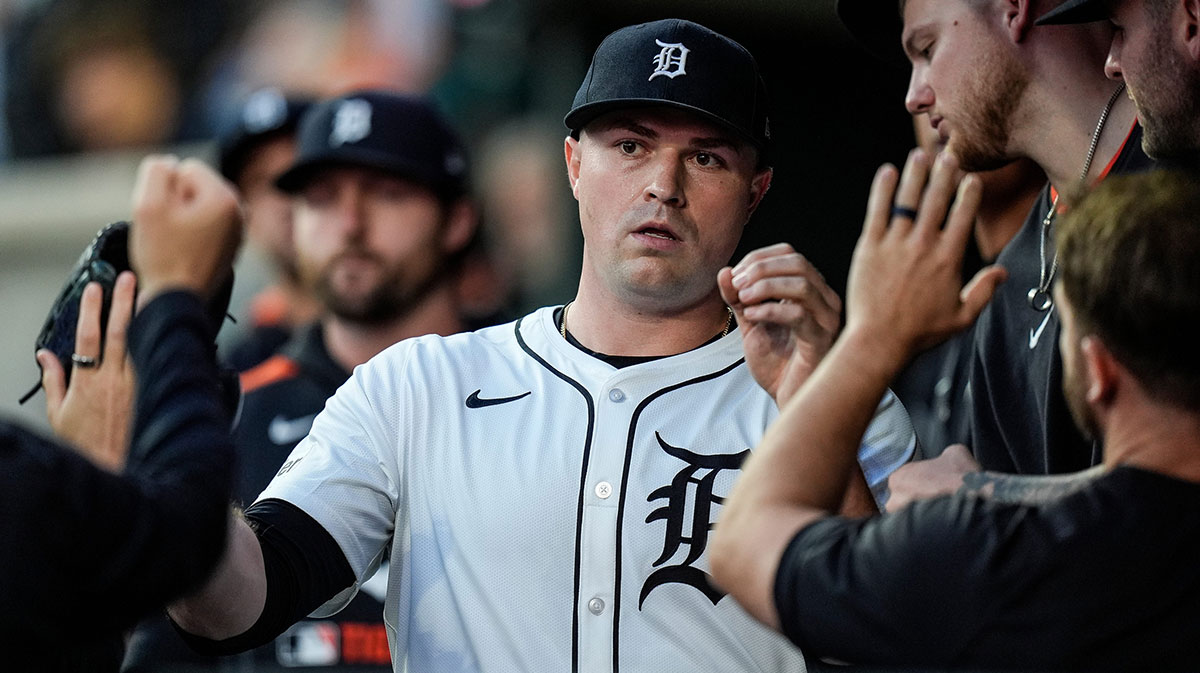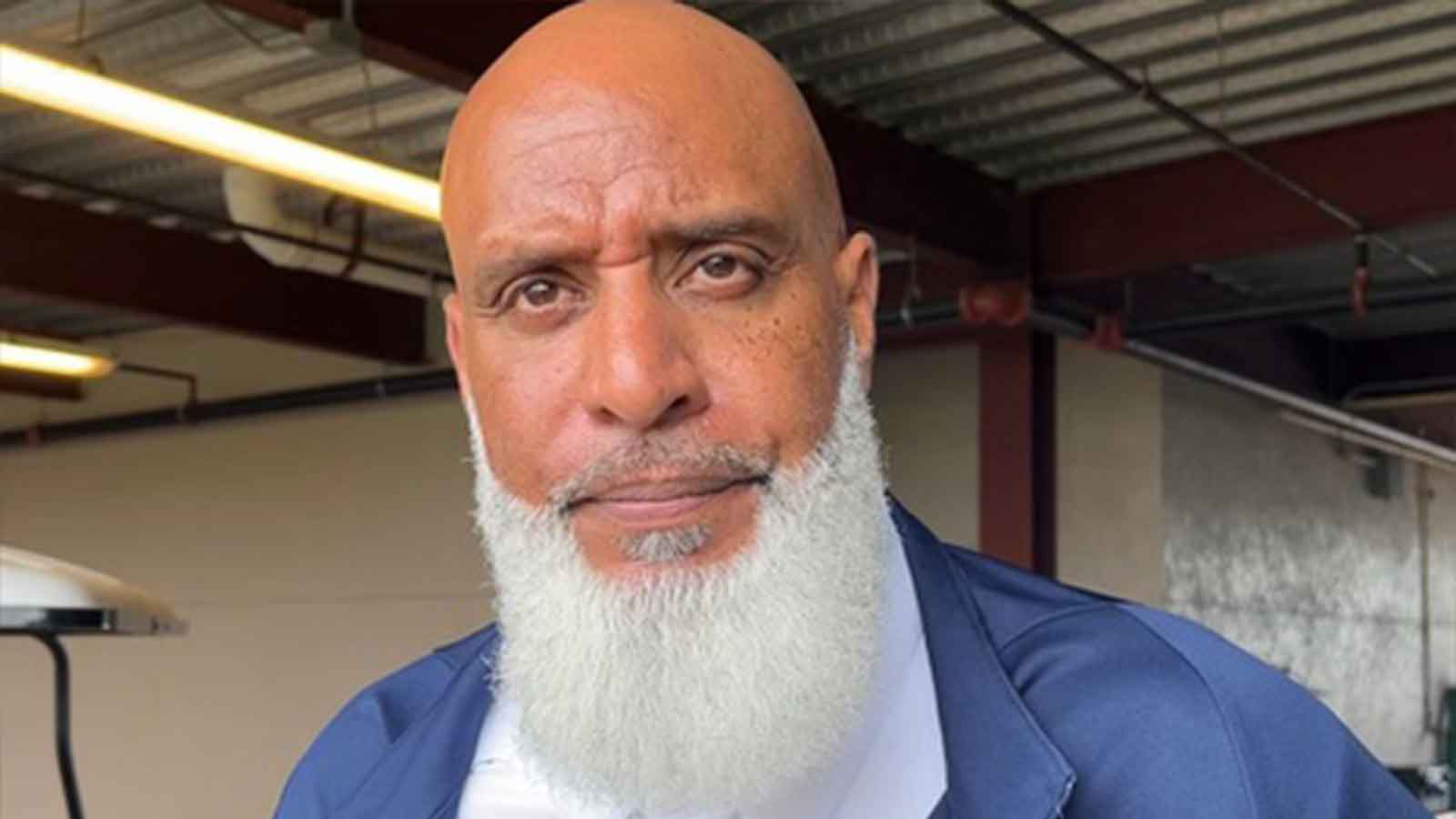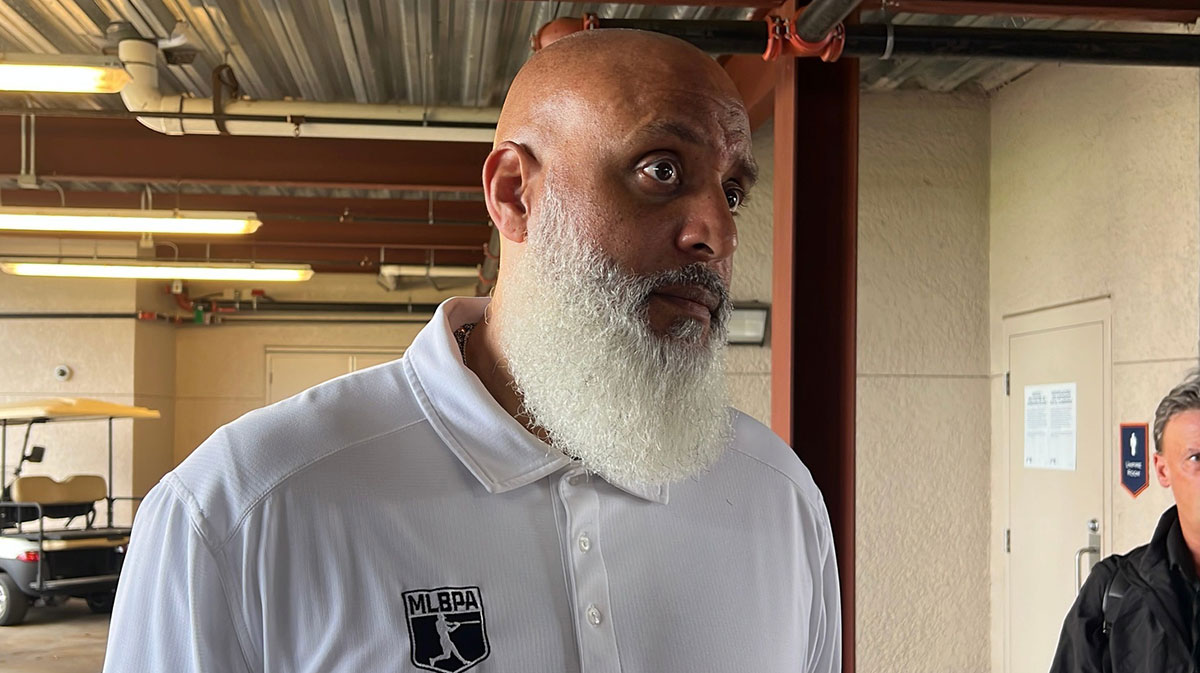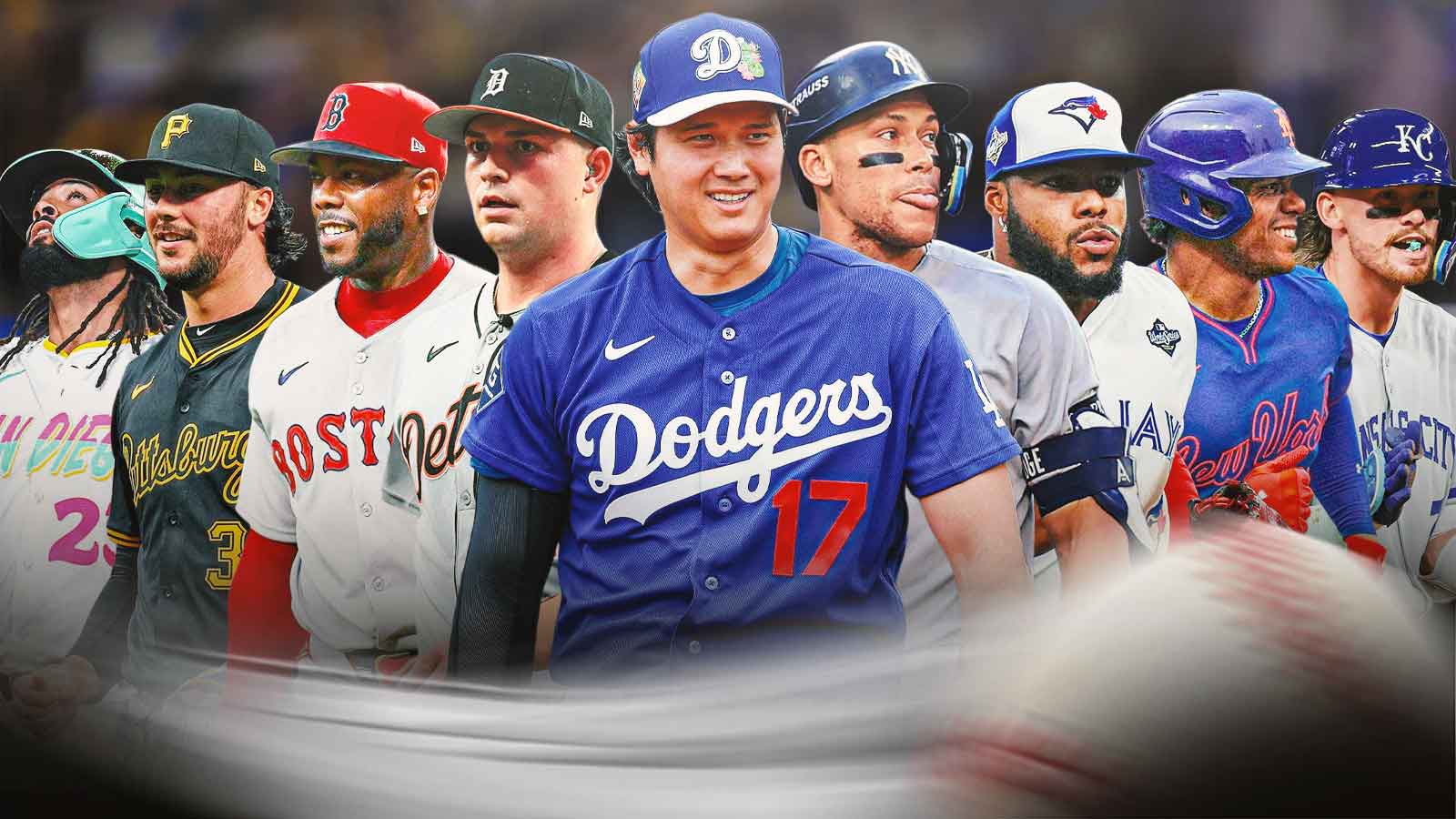David Ortiz is, without a doubt, a Hall of Famer. The numbers obviously speak for themselves: he hit 541 home runs and slashed an impressive .286/.380/.552 with a 141 OPS+ over a 20-year career. There are plenty of other stats to prove one's case but, simply put, he's pretty much the best designated hitter of all time and deserved to be a first-ballot inductee.
Ortiz is also a player who was at one time connected to PED use, testing positive in 2003 for a banned substance in a confidential survey of players before Major League Baseball implemented a formal program the following year. The exact substance has never been known and Ortiz maintains it was an over-the-counter supplement, but fans are probably right to wonder what exactly Ortiz was doing during his early playing days, right in the heart of the steroid era.
To his credit, Ortiz never tested positive in MLB's strict formal program, playing for 13 seasons under that system. But even as that positive test was revealed in 2009, Ortiz never really faced much — if any — scrutiny for it. And though his case might seem like small potatoes to the likes of the biggest PED users of his time (he did start his career in Minnesota in 1997, after all), Ortiz essentially got a pass.
Which, for many fans of a younger generation, that's more than fine. David Ortiz deserves to be a first-ballot Hall of Famer regardless of that vague part of his past, just like Barry Bonds, Roger Clemens, Manny Ramirez, Sammy Sosa, and others should have been as well (a point Ortiz has also made). The most cynical among us tend to think that the reason Ortiz has skated by essentially unscathed from the stigma of PEDs his entire career is due in large part to his affable personality and great relationship with the media — and it sure doesn't hurt that he led the Red Sox through their most successful run of all time.
So perhaps this year more than ever, the Hall of Fame voting process has proven to be broken potentially beyond repair. Voters of the BBWAA are expected to take into account the character of players eligible for the Hall, but that's such a subjective piece of criteria that has, apparently, become the biggest factor for many voters — far bigger than anything these players did on the field. Bonds, Clemens, and Alex Rodriguez weren't exactly making a ton of friends in the media during their playing days, and now they're paying the price.
All anyone is really asking is that voters stop using personal biases and vendettas as a factor in the process. Is that really too much to ask?
That includes arcane, meaningless criteria as well, such as the crusades some voters went on for years to try to ensure nobody was ever a unanimous choice for the Hall. Sure, Yankees closer Mariano Rivera eventually became the first unanimous selection, but think of all the players throughout the years who should have been unanimous as well. Most recently, how could anyone explain not voting in the likes of Derek Jeter, Jim Thome, or Ken Griffey Jr.? There are some players who are just utterly objective locks, and to think otherwise calls into question just what sport you might be watching.
So instead of celebrating the game's best, we all do this same song and dance every single year, and the personal criteria for voters seems to get ever more opaque and strange. As of right now, the game's all-time hit leader (Pete Rose), all-time home run leader (Bonds) and all-time Cy Young winner (Clemens) aren't in the sport's Hall of Fame. Regardless of what they all did, isn't that just a bit insane? What exactly is the point then of going to a place that honors the accomplishments of the game's greatest?
It's an argument we all have every year, and that seems it will be the case until the end of time. The Baseball Hall of Fame and the game's writers are no doubt glad to be moving on from this era, but for a lot of fans, the irrelevance of both is already set in stone.









